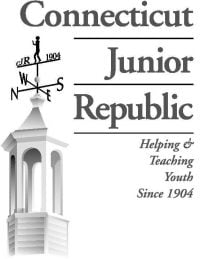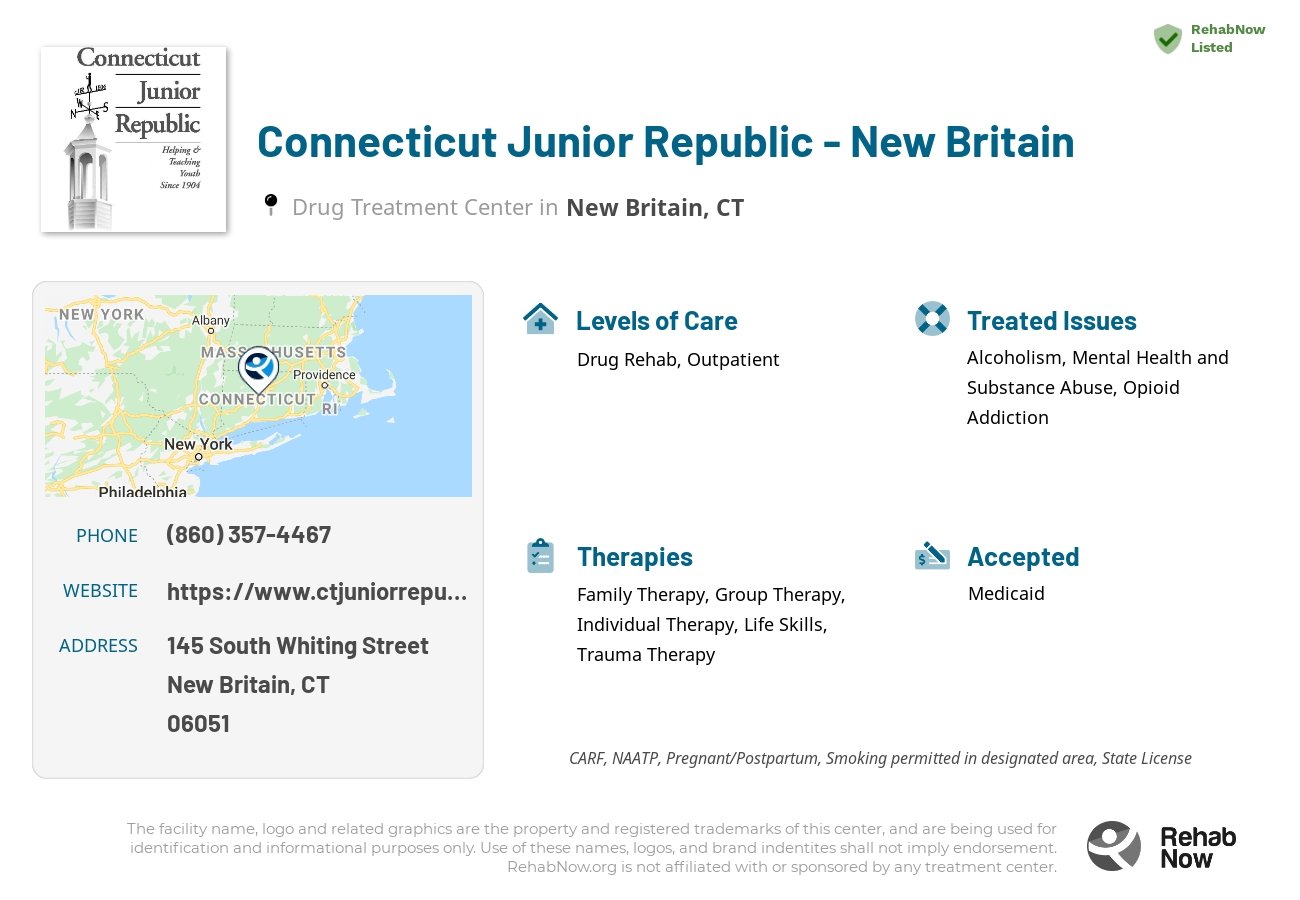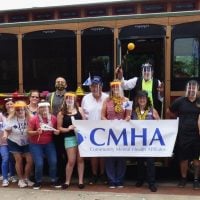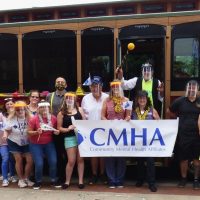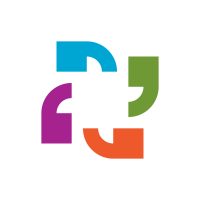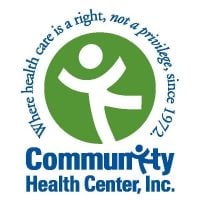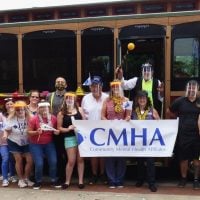Connecticut Junior Republic - New Britain
Drug Rehab Center in New Britain, Connecticut
Connecticut Junior Republic - New Britain (CJR-NB) is a mental health and addiction treatment program that provides a range of services to individuals aged 11 to 19, including residential, day and outpatient treatment, outreach, and holistic approaches.
About Connecticut Junior Republic - New Britain in Connecticut
Connecticut Junior Republic - New Britain, located in New Britain, CT, is an addiction treatment facility that was founded in 1904. This facility focuses on helping individuals suffering from alcoholism, dual diagnosis, opioid addiction, and drug addiction. Their goal is to provide comprehensive treatment and support to enable individuals to overcome their substance abuse issues and achieve long-term recovery.
At Connecticut Junior Republic - New Britain, a variety of services are offered to address addiction and substance abuse. The facility provides drug rehab programs and outpatient levels of care to individuals seeking help for their dependencies. These programs emphasize a personalized approach tailored to the specific needs of each patient. Through a combination of therapy sessions, counseling, group support, and medical assistance if needed, they aim to assist patients in their recovery journey. Connecticut Junior Republic - New Britain is affiliated with the Connecticut Junior Republic organization, ensuring credibility and adherence to professional standards in addiction treatment.
Genders
Ages
Modality
Additional
Conditions and Issues Treated
Opioid addiction treatment should be done in a medically supervised drug rehab. While taking opioids, users will typically use other substances to enhance the effects of opioids or to reduce the adverse effects of opioid use. Opioid addiction treatment will include detoxification and drug rehab counseling to help both the user and their loved ones learn how to live a successful sober lifestyle.
Treatments such as methadone, buprenorphine, and naltrexone are three medications that can help treat opioid addiction. These drugs work on the brain’s pleasure center and reduce cravings and the effects of illicit opioids such as heroin. These drugs can be either given orally or by injection. Individual drug rehab counseling sessions can be helpful to discuss any questions or concerns with the drug treatment program. This counseling will also help the user set goals for when they finish drug rehab.
Opioid addiction recovery is a long process. Many of the changes to the brain caused by opioid use cannot be undone, but with time and the proper treatment, a person can return to normal function. After detox, treatment will include drug rehab counseling and entering a halfway house or sober living community. Aftercare is critical to long-term recovery, as it helps the user avoid relapsing and entering back into drug rehab.
Levels of Care Offered
This center offers a variety of custom treatment tailored to individual recovery. Currently available are Drug Rehab, Outpatient, with additional therapies available as listed below.
“Outpatient treatment is ideal for those who have a lower intensity addiction. It’s also suitable for those with a supportive environment and those on a tight budget.
Outpatient treatment can be considered the lowest intensity level of addiction treatment. It is ideal for early phase addiction or lower intensity addictions. It may involve weekly sessions instead of daily. Peer group support, 12-step programs, and individual counseling may still be used and anti-addiction medication.
Therapies & Programs
No single treatment works for all addicts; therefore, the goal of treatment and therapy should be to find what works best for each individual. Some people requiring addiction treatment may only need a few weeks of inpatient care. Others will require long-term residential care. Tolerance and withdrawal levels vary from person to person and thus affect the intensity of the treatment needed.
If an individualized approach to treatment and therapy is not offered, addicts may fail to reap benefits from their efforts. Professionals must customize plans according to their patient’s needs, limitations, and strengths. The goal of all forms of addiction treatment should be for addicts to find healthy ways to cope with their addiction and its underlying causes.
The therapies usually include siblings, children, and parents who are involved in their daily lives. These sessions are vital because they address past issues that may have hampered an addict’s or alcoholic’s recovery and provide support at a crucial time!
One of the most critical aspects of family therapy is helping addicts’ loved ones see their situation in a new light. It’s also one of the most challenging things a family can do when a loved one struggles with addiction or alcoholism.
Group therapy is held in a safe, controlled setting where patients can feel comfortable sharing their struggles and gaining perspective through shared conversations. It takes place in a group rather than one on one to prevent feelings of isolation or being unique in their situation while creating an environment for addicts at Connecticut Junior Republic - New Britain to develop fellowship, accountability, and support. Group therapy is an important tool in recovery that prevents cravings that prompt a return to active addiction.
This type of therapy involves the use of a variety of therapeutic techniques to help addicts recover from past traumas that might have triggered their substance abuse. During these sessions, therapists will work with the addict to address painful memories and learn how to cope effectively with stressors as they arise.
During these types of sessions, therapists will typically focus on three main goals:
- Identifying and expressing painful emotions associated with past traumas.
- Reducing the effects of stress on an addict’s life by developing more effective coping mechanisms.
- Developing healthy ways of thinking about stressful situations that can help addicts avoid substance abuse issues in the future.
This type of therapy is typically used in conjunction with other types of addiction treatment services. By identifying and dealing with the root cause of addiction, most addicts can overcome their cravings and prevent relapse once they leave rehab.
Many different types of addiction treatment services exist to help addicts safely get sober, but it’s important for recovering individuals to find a therapist or support group that will help them address the root cause of their addiction.
Cognitive-behavioral therapy is a talking-based method that helps people struggling with addiction replace destructive behaviors with healthier ones. CBT also helps them identify the underlying thoughts and beliefs that cause these behaviors in the first place and ways to control those thoughts and feelings. It can be administered as a holistic therapy or as part of combination therapy and—as opposed to turning to drugs and alcohol—helps addicts learn how to respond to negative thoughts instead.
Life skills training is beneficial for addicts in recovery because it helps them learn how to take care of themselves and improve their quality of life, which can promote feelings of purpose and motivation.
This type of treatment works by teaching individuals life-enhancing skills that support positive living, including:
- Healthy lifestyle habits
- Skills to effectively manage stress
- Effective communication skills to help them get their needs met without turning to drugs or alcohol
- Money management and budgeting skills so they can continue to take care of themselves after treatment ends.
Payment Options Accepted
For specific insurance or payment methods please contact us.
Connecticut Junior Republic Associated Centers
Discover treatment facilities under the same provider.
- Connecticut Junior Republic - Torrington in Torrington, CT
- Connecticut Junior Republic - Waterbury in Waterbury, CT
- Connecticut Junior Republic - Meriden in Meriden, CT
- Connecticut Junior Republic - Danbury in Danbury, CT
- Connecticut Junior Republic - Litchfield in Litchfield, CT
Learn More About Connecticut Junior Republic Centers
Additional Details
Specifics, location, and helpful extra information.
New Britain, Connecticut 6051 Phone Number(860) 357-4467 Meta DetailsUpdated November 25, 2023
Staff Verified
Connecticut Junior Republic - New Britain Patient Reviews
There are no reviews yet. Be the first one to write one.
New Britain, Connecticut Addiction Information
Connecticut has a higher rate of substance abuse and addiction than the national average. The state ranks in the top 10 in the country for illicit drug dependence among those ages 18 to 25. In 2010, there were 9,211 people admitted to an alcohol treatment facility for alcohol abuse combined with a secondary drug. Connecticut ranked fifth in the United States of America for the number of fatalities involving drunk driving in 2014.
The drug addiction problem in New Britain, Connecticut, is not as severe as in other parts of the country. However, there are still many people who are addicted to drugs and alcohol. In 2016, 4.2% of people aged 18 or older in New Britain, Connecticut needed treatment for an illicit drug use problem. The treatment in New Britain, CT, depends on the rehabilitation center that someone chooses.
Treatment in Nearby Cities
- Kent, CT (36.4 mi.)
- Old Lyme, CT (33.3 mi.)
- Wilton, CT (47.0 mi.)
- Hamden, CT (20.3 mi.)
- Sharon, CT (39.1 mi.)
Centers near Connecticut Junior Republic - New Britain
The facility name, logo and brand are the property and registered trademarks of Connecticut Junior Republic - New Britain, and are being used for identification and informational purposes only. Use of these names, logos and brands shall not imply endorsement. RehabNow.org is not affiliated with or sponsored by Connecticut Junior Republic - New Britain.
